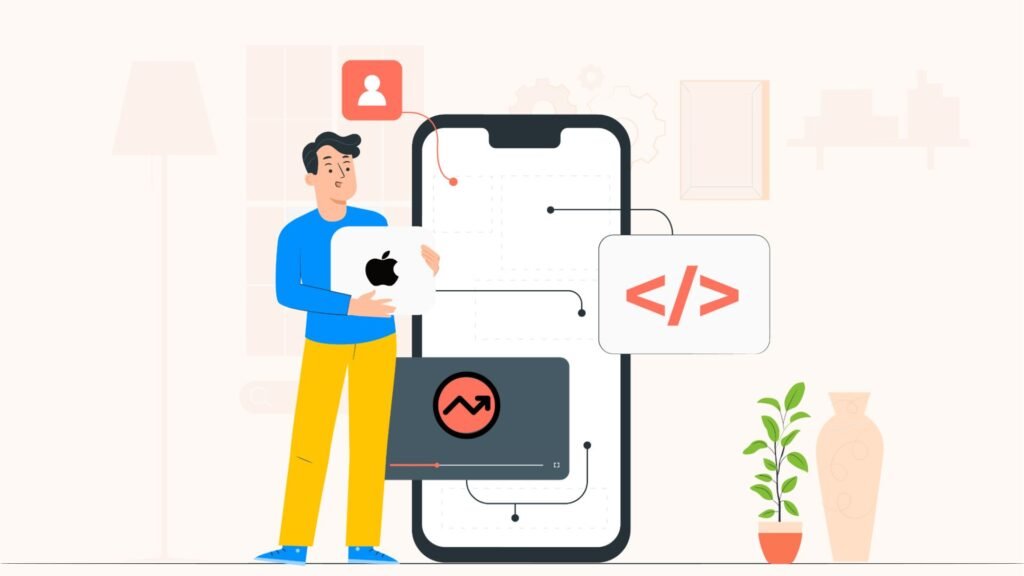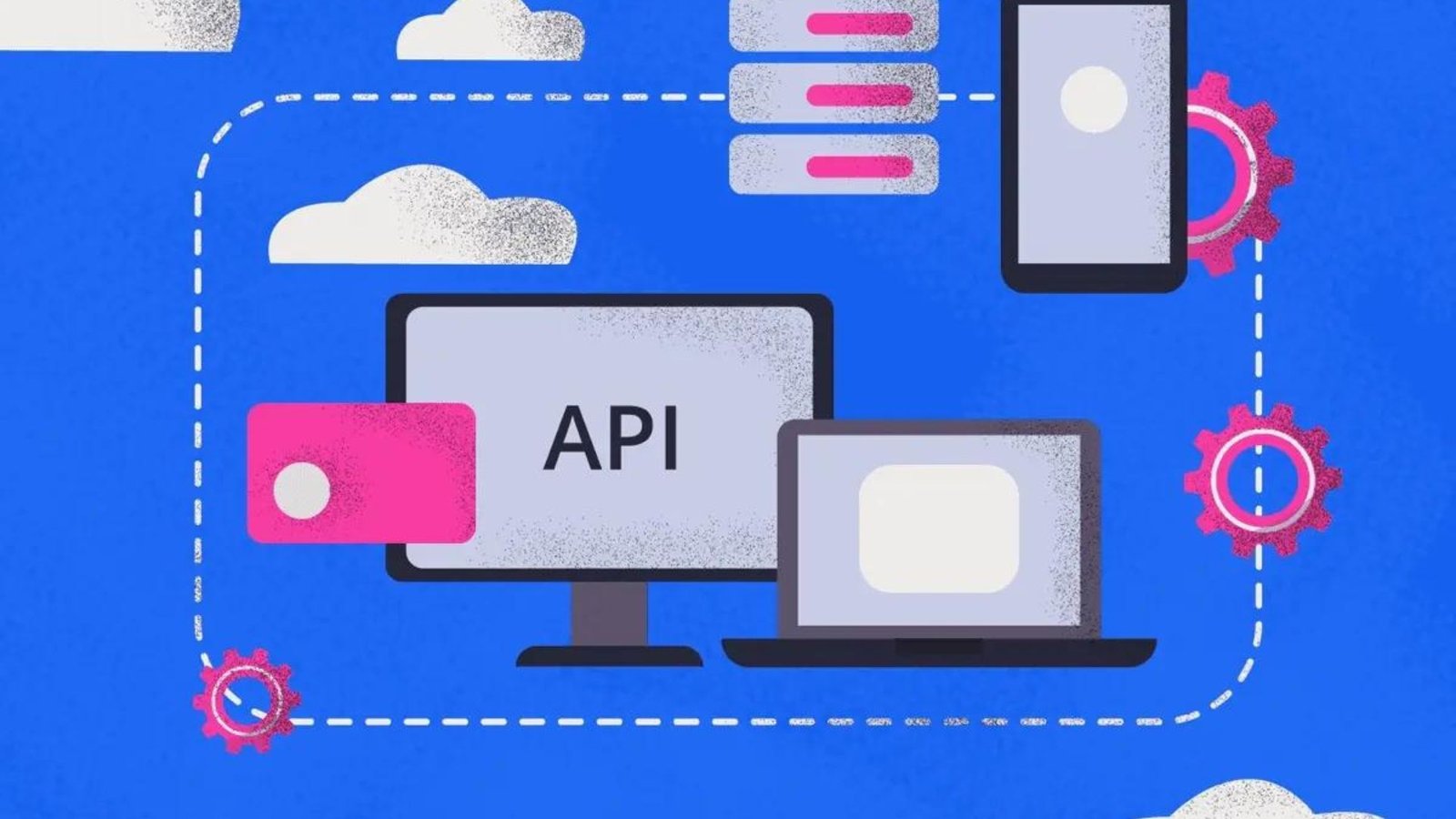Efficient app development is key to delivering high-quality apps on time and within budget. By adopting effective strategies, you can streamline the development process, reduce costs, and enhance the overall success of your app. Here are some top strategies for achieving efficient app development.

1. Define Clear Objectives and Requirements
Start by defining clear objectives and requirements for your app. This involves understanding the purpose of your app, its target audience, and the core features it needs to include.
For instance, create a detailed project brief that outlines the app’s functionalities, user interface (UI) design, and performance goals. This clarity helps avoid scope creep and ensures that all stakeholders are aligned with the project’s goals, which leads to more efficient development.
2. Use Agile Development Methodology
Adopting an Agile development methodology can significantly enhance efficiency. Agile focuses on iterative development, allowing for continuous feedback and adjustments throughout the development process.
Break your project into smaller, manageable tasks or sprints. Regularly review progress and make necessary adjustments based on feedback. Agile methodologies help in accommodating changes and improving the app incrementally, leading to a more efficient and adaptable development process.
3. Choose the Right Technology Stack
Selecting the right technology stack is crucial for efficient app development. The technology stack includes programming languages, frameworks, and tools used to build the app.
Opt for technologies that align with your app’s requirements and development goals. For example, using cross-platform frameworks like React Native or Flutter can save time and resources by allowing you to develop apps for both iOS and Android from a single codebase.
4. Implement Effective Project Management
Effective project management is essential for keeping development on track. Utilize project management tools and techniques to organize tasks, track progress, and manage resources.
Tools like Jira, Trello, or Asana can help you assign tasks, set deadlines, and monitor project milestones. Effective project management ensures that the development team stays focused and that potential issues are addressed promptly, leading to a more efficient workflow.
5. Prioritize Testing Throughout the Development Process
Testing is a crucial component of efficient app development. Integrate testing early and often throughout the development process to identify and address issues before they become major problems.
Implement automated testing for repetitive tasks and manual testing for complex functionalities. Regular testing helps ensure that the app functions correctly and meets user expectations, reducing the likelihood of costly post-launch fixes.
6. Optimize Code Quality and Maintainability
Maintaining high code quality and readability is essential for efficient development. Write clean, well-documented code that is easy to understand and maintain.
Follow coding standards and best practices to ensure consistency and reduce the likelihood of bugs. Code reviews and refactoring should be part of the development process to enhance code quality and maintainability, making it easier to implement future changes and updates.
7. Focus on User Experience (UX) Design
A well-designed user experience (UX) is crucial for the success of your app. Prioritize UX design to create an intuitive and engaging interface that meets user needs and preferences.
Conduct user research and usability testing to gather feedback and make informed design decisions. An effective UX design not only improves user satisfaction but also reduces the need for extensive changes during development, leading to a more efficient process.
8. Leverage Existing Libraries and Tools
Utilize existing libraries, frameworks, and tools to speed up development. Many open-source libraries offer pre-built functionalities that can be integrated into your app, saving time and effort.
For example, using authentication libraries for user login or analytics tools for tracking app performance can streamline development. Leveraging these resources allows you to focus on unique aspects of your app and reduces the need to build everything from scratch.
9. Monitor and Manage Risks
Identifying and managing risks is vital for efficient app development. Regularly assess potential risks related to technology, resources, and project scope.
Develop a risk management plan to address potential issues before they impact the project. By proactively managing risks, you can minimize disruptions and keep the development process on track.
Conclusion
In conclusion, efficient app development involves defining clear objectives, using Agile methodologies, choosing the right technology stack, implementing effective project management, prioritizing testing, and focusing on UX design. By adopting these strategies and continuously monitoring and managing risks, you can enhance the efficiency of your app development process and achieve successful project outcomes.




